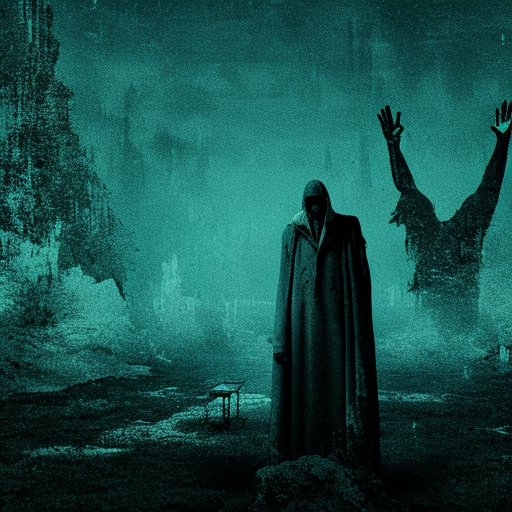One-line Summary:
“The Death of Ivan Ilych” is a thought-provoking novella by Leo Tolstoy that explores the existential crisis of a high-ranking Russian official as he confronts his own mortality.
The Life of Ivan Ilych
The story begins by introducing Ivan Ilych, a successful and respected magistrate in 19th-century Russia. Ivan leads a comfortable life, driven by ambition and materialistic pursuits. He marries Praskovya Fedorovna, a woman who values social status and material possessions as much as he does. Together, they have two children, but their relationship lacks depth and emotional connection.
An Unsettling Diagnosis
One day, Ivan experiences a sudden pain in his side, which gradually worsens over time. Despite seeking medical advice, his condition deteriorates, and he is eventually diagnosed with a terminal illness. This news shatters Ivan’s carefully constructed world, forcing him to confront his own mortality and the emptiness of his existence.
The Loneliness of Illness
As Ivan’s health declines, he becomes increasingly isolated from his family, friends, and colleagues. His illness exposes the superficiality of his relationships, as those around him are more concerned with their own comfort and social standing than with his suffering. Ivan’s physical pain is compounded by the emotional pain of feeling abandoned and misunderstood.
A Search for Meaning
Facing death, Ivan embarks on a profound introspection, questioning the purpose and meaning of his life. He realizes that his pursuit of wealth, status, and societal approval has left him spiritually bankrupt. Ivan reflects on the compromises he made, the opportunities for genuine connection he missed, and the emptiness that pervades his existence.
Key Takeaways:
- The inevitability of death: Tolstoy’s novella serves as a reminder that death is an inescapable part of the human experience, urging readers to confront their own mortality.
- The emptiness of materialism: Ivan’s obsession with societal expectations and material possessions ultimately leaves him unfulfilled and disconnected from his true self.
- The importance of authentic relationships: Ivan’s loneliness in his final days highlights the significance of genuine connections and emotional intimacy, which he lacked throughout his life.
- The search for meaning: Ivan’s existential crisis prompts readers to reflect on the purpose and meaning of their own lives, encouraging them to prioritize personal growth and authentic experiences.
“Ivan Ilych’s life had been most simple and most ordinary and therefore most terrible.”
In “The Death of Ivan Ilych,” Tolstoy masterfully explores the universal themes of mortality, materialism, and the search for meaning. Through Ivan’s journey, readers are compelled to reflect on their own lives and the choices they make. The novella serves as a poignant reminder that a life focused solely on external achievements and societal expectations can lead to a profound sense of emptiness and regret. Instead, Tolstoy encourages readers to prioritize authentic relationships, personal growth, and the pursuit of a meaningful existence. “The Death of Ivan Ilych” is a powerful literary work that challenges readers to confront their own mortality and live a life of purpose and authenticity.












